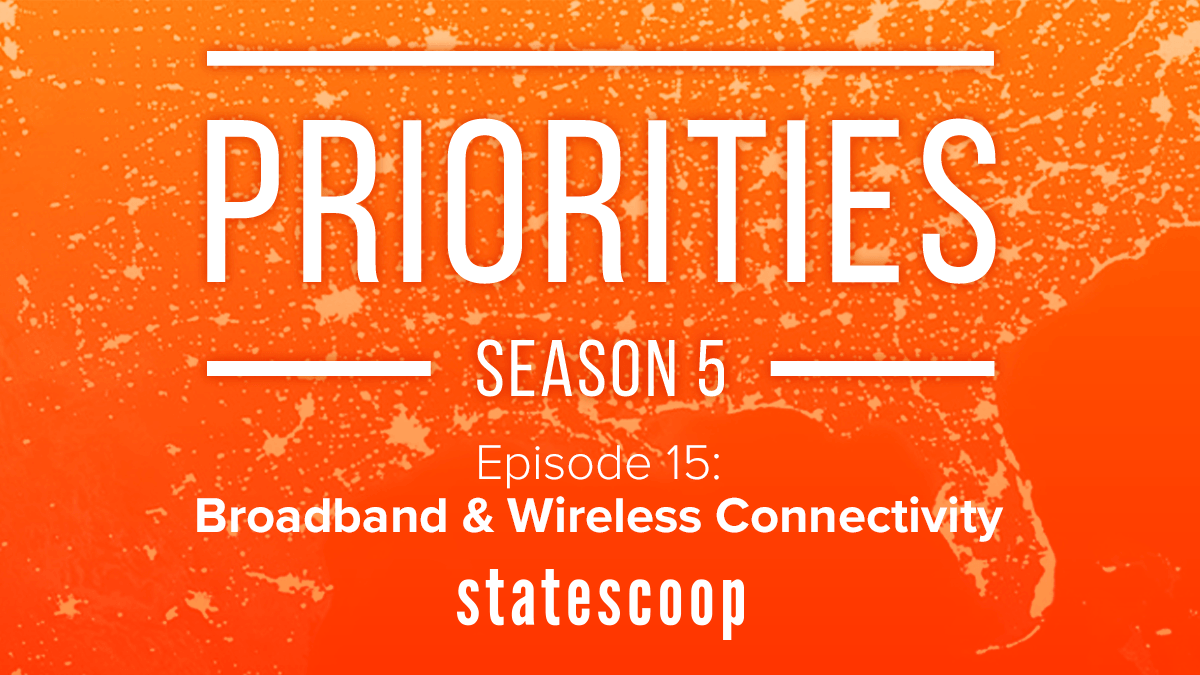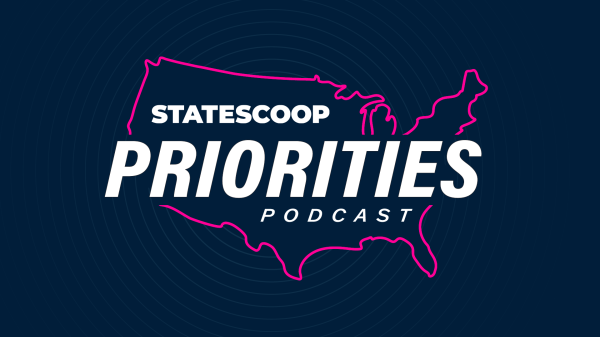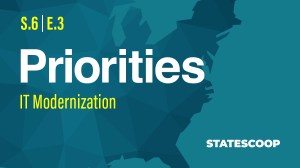
Are states relenting on municipal broadband during the pandemic?
The coronavirus pandemic has made expanding at-home broadband access a priority for every state government. But attempts to do this at the local level have been mixed thanks to some states limiting what investments communities can make.
While some states still block local governments from building municipal broadband networks, many have loosened or lifted restrictions. And the contrast between states that encourage municipal investment and the roughly 20 states that don’t has never been more important, according to Chris Mitchell, the director of community networks at the Institute for Local Self-Reliance.
“There were certain regions in which this was getting really hot,” Mitchell says on a new episode of StateScoop’s podcast, Priorities. “We had this dynamic, prior to the pandemic, of seeing these pop out in different areas where there had already been a municipal network that had done really well, and then we see their neighbors getting interested.”
Before the pandemic, Mitchell says, more than 700 communities across the country had launched their own broadband network. Then COVID-19 took hold, and while that made affordable broadband a higher priority than ever, sharp decreases in city budgets made it more difficult to pursue.
“Many local governments don’t want to be announcing a new investment in broadband at the same time they’re having to close parks, lay off firefighters or police officers or something like that,” Mitchell said. “How the state views local governments — whether as partners or impediments — will shape those responses,” Mitchell said.
Illinois is one of the states that doesn’t place restrictions on how communities invest in their own connectivity, something that Matt Schmit, the state’s lead broadband official, believes is critical to positive state-local relationships.
“One of the things we’re very interested in is making sure every investment we make in broadband reflects the community’s voice,” Schmit says. “Before COVID-19, and certainly today, it’s so critically important that our communities have that voice and it can have an influence over what their broadband looks like at a community level.”
Illinois Governor J.B. Pritzker announced a $420 million investment into a statewide broadband grant program in 2019. That funding is open to any entity — nonprofits, community governments, utilities or internet service providers — that want to expand access, which Schmit says has fostered conversations between different organizations that otherwise may not have collaborated on expanding broadband.
“[Restrictions] make it difficult for communities to engage in any kind of conversation,” Schmit said.
Other states, like Colorado, have seen municipal broadband flourish even amid restrictive state laws. On a state level, Colorado has offered two grant programs that support middle-mile and last-mile connectivity for the last several years, both of which have contributed more than $40 million to the development of regional networks and more localized connectivity projects.
In 2005, though, Colorado adopted a law prohibiting towns and cities from developing their own municipally owned networks. But since the law’s passage, more than 140 communities — most recently Denver — have voted to opt out, often by “overwhelming margins,” says Teresa Ferguson, of the Colorado Broadband Office.
“They see this as taking their economic future in their own hands,” Ferguson says. “Broadband is the economic platform of the future.”
On the podcast:
- Christopher Mitchell, director of community broadband networks at Institute for Local Self-Reliance
- Matt Schmit, director of Office of Broadband, Illinois
- Teresa Ferguson, director of federal broadband engagement, Colorado
- Ryan Johnston, staff writer, StateScoop
Things to listen for:
- Municipal broadband is only one solution, Mitchell says, and it’s been beneficial for the industry to see communities experiment with different strategies, acting as broadband laboratories.
- In Colorado, the state has received help from national and local telecoms to deliver short-term broadband connectivity for school-age children, Ferguson says.
- Illinois is preparing to fund an additional $50 million worth of broadband investment through its Connect Illinois program, Schmit says.
Listen to archived episodes of Priorities from Season 5 (2020), Season 4 (2019), Season 3 (2018), Season 2 (2017) and Season 1 (2016). Catch all of StateScoop’s podcasts on Soundcloud, Apple Podcasts, Spotify, Google Play, Stitcher or Alexa’s TuneIn.


